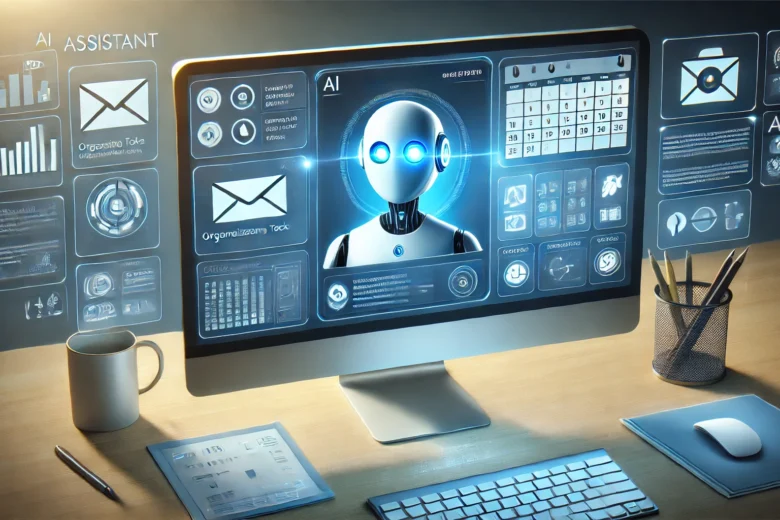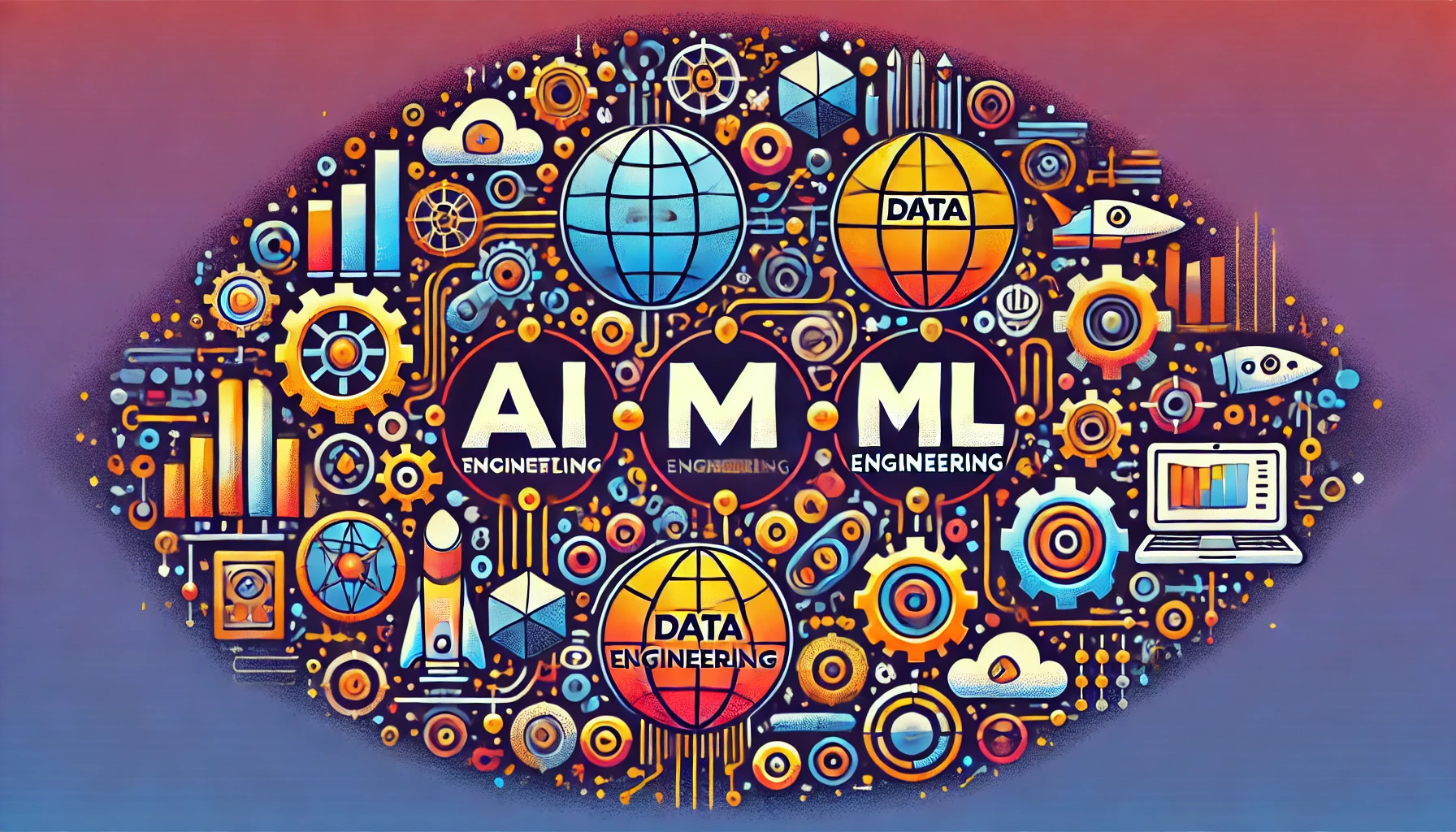Introduction
Ever thought about having an AI assistant that could actually handle tasks on your computer independently? We’re getting closer to that reality with OpenAI’s latest project, called Operator. This autonomous agent is the next big thing from OpenAI, and it promises to change how we interact with technology. I’ll tell you all you need to know about it and share some insights into what this means for the future of artificial intelligence.
What is Operator?
Operator is an autonomous AI agent. But what does that mean? Unlike traditional voice assistants like Siri or Alexa, Operator is designed to make decisions and carry out complex tasks on the computer without direct human input. Imagine having a “right-hand” digital assistant that doesn’t just answer questions but also takes action.
Here’s a practical example: You’re swamped with emails and could use some help sorting and responding to important messages. With Operator, the idea is that it can handle this independently, prioritizing messages, drafting replies, and even setting up tasks and reminders.

How Does Operator Work?
The technology behind Operator is advanced AI, trained to perform complex tasks, including deep software interactions. To simplify, it not only understands commands but also interprets contexts and can act based on various factors.
Think of it this way: you want to organize a PowerPoint presentation. Instead of just listing points, you can ask Operator to research data, create slides, and arrange them in the right order. With this, you save time and end up with a more organized, informative presentation.
Why is This Revolutionary?
This new generation of AI agents is called agentive agents. What does that mean? They’re AI systems that not only assist with tasks but make decisions and act on our behalf. For companies, this is a huge opportunity to reduce manual work and allow employees to focus on strategic activities.
Imagine this: in a workplace with Operator, professionals can focus on creative decisions while the agent handles operational parts. Think of how much productivity could increase!
Advantages of Operator for Everyday Users
For you, in everyday life, Operator could be a huge asset. Here are some examples of how it could simplify things:
- Organizing Tasks and Routines: Operator can manage your schedule, remind you of appointments, and even make reservations or orders.
- Assisting in Research: Need information for a project or study? Operator can search for data, compile reports, and summarize articles.
- Helping with Content Creation: If you work in content production, imagine Operator helping draft and edit texts or even creating outlines for you.
And all this is done simply and practically, without you having to “train” the agent on how to act.
What Can We Expect from Operator?
OpenAI has shown that it’s committed to developing an AI that is ethical and respects user privacy. Operator will follow these guidelines, and it appears to be a secure tool for those looking for more autonomy in digital tasks.
Ask yourself: how would it feel to have an assistant that truly understands what you need and can act independently? That’s the promise of Operator – a tool designed to make technology more accessible, practical, and efficient.
Conclusion
We’re on the brink of a new era in artificial intelligence, where autonomous agents like Operator can change our lives. They will allow us to focus on what really matters, while they take care of the rest.
I, for one, am excited to see where this technology goes. How about you? What do you think of the idea of an autonomous agent?



